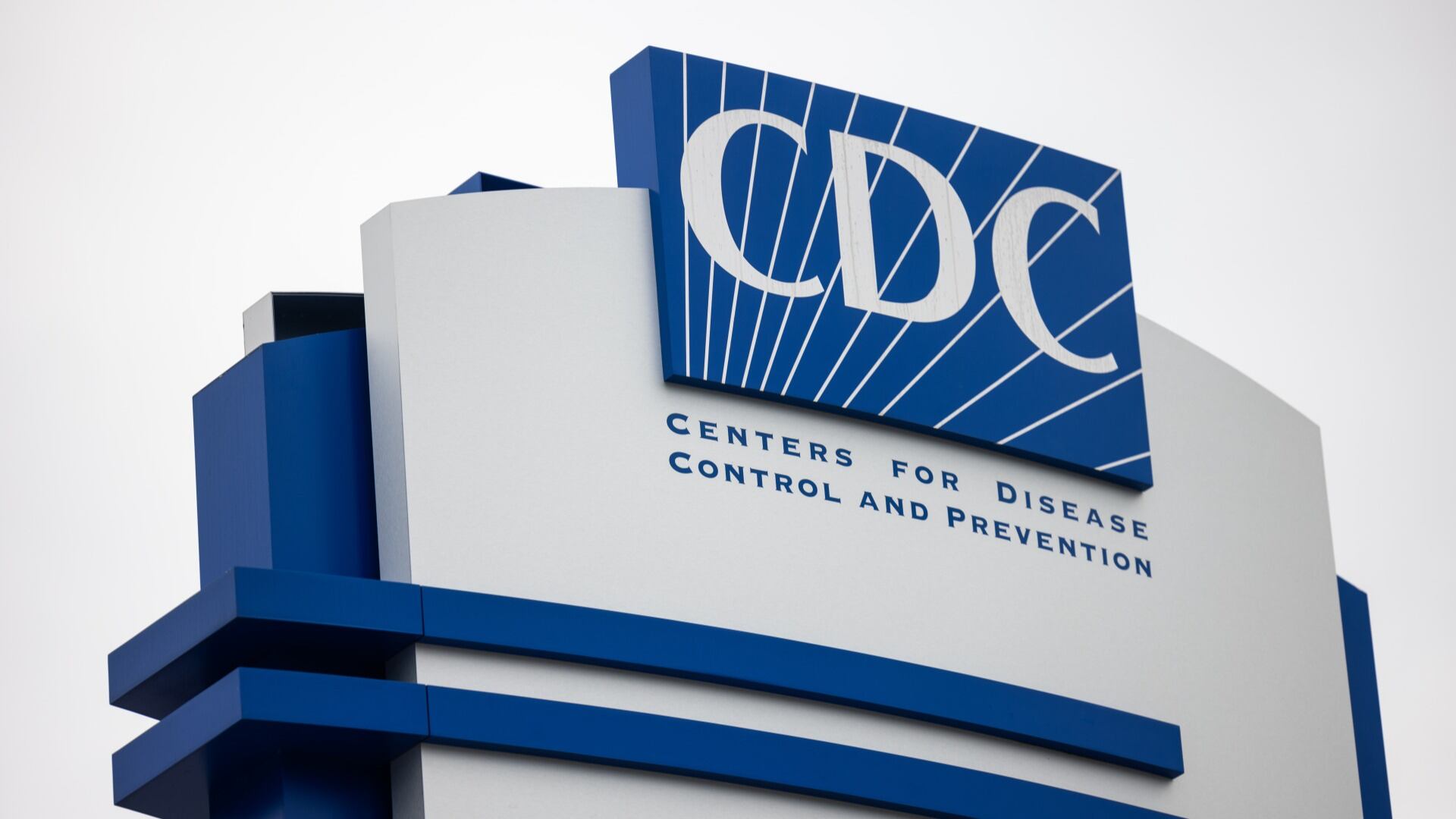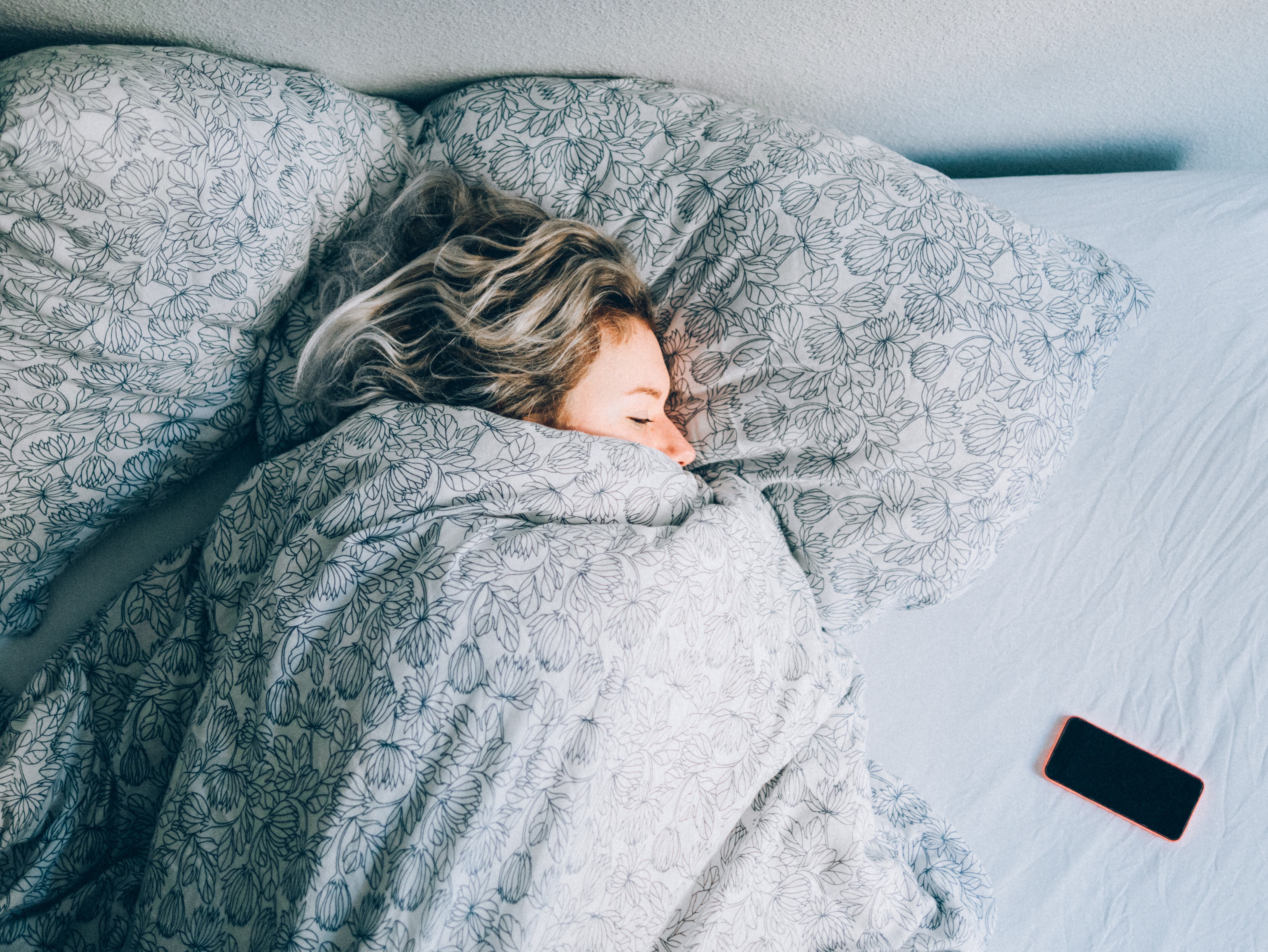Once COVID-19 hit, the demand for mental health services skyrocketed, and with in-person care suspended, many turned to digital services — which led to a disturbing breach of data privacy.
The Duke Sanford School of Public Policy conducted a data brokerage study that found sensitive mental and physical health information was being collected, aggregated, bought, and sold by digital mental health service apps. And those services, in many cases, were not bound by HIPAA regulations.
The list of buyers of the personal health information is vast that includes banks and other financial institutions, US law enforcement agencies, advertising firms, insurance providers — and scammers.
Some digital health service platforms priced the health data of its customers between $200 and $5,000, while others offered subscriptions that doled out information monthly for $75,000 to $100,000.
So what's up for sale? The study found that some services were selling data on anonymous customers, others sold information that included a person's age, sex, race, postal code, and mental health status.
Earlier this month, the Federal Trade Commission filed an order with the Justice Department against GoodRx, a leader in American healthcare and operator of a telemedicine platform, for illegally sharing user information with advertising behemoths like Facebook and Google. The company has since agreed to pay a $1.5 million fine. If the suit is honored in court, it would ban GoodRx from sharing sensitive personal data with third parties.
Two people died from what the CDC suspects was a meningitis outbreak in Mexico.
Virgin Galactic completed its final test flight on Thursday before its long-awaited commercial access for customers.
Yellowstone National Park officials killed a newborn bison because its herd wouldn’t take the animal back after a man picked it up.
The FDA has approved Opvee, which can reverse fentanyl and other opioid overdoses.
Powerful Typhoon Mawar churned slowly over the U.S. Pacific territory of Guam on Thursday, lashing the island with wind and rain, tearing down trees, walls and power lines, flipping cars, and pushing dangerous storm surge ashore as first-responders waited for daylight to see the full extent of the damage.
U.S. health regulators on Monday approved a new easy-to-use version of a medication to reverse overdoses caused by fentanyl and other opioids driving the nation’s drug crisis.
Be Well: Toni Braxton Shares Her Experience of Living With Lupus
Millions of Americans are impacted by mental health issues and a growing number of them are teenagers, causing concerns for parents across the country. Psychiatrist Dr. Liat Jarkon spoke with Cheddar News about how parents can have open and honest conversations with their kids.
A new study shows that climate change is making it harder to fall asleep. The study, published in Cell Press over the weekend, shows that millions of people are already sleeping less because of higher overnight temperatures.
Jeff Bezos' rocket company has won a NASA contract to land astronauts on the moon, two years after it lost out to SpaceX.











